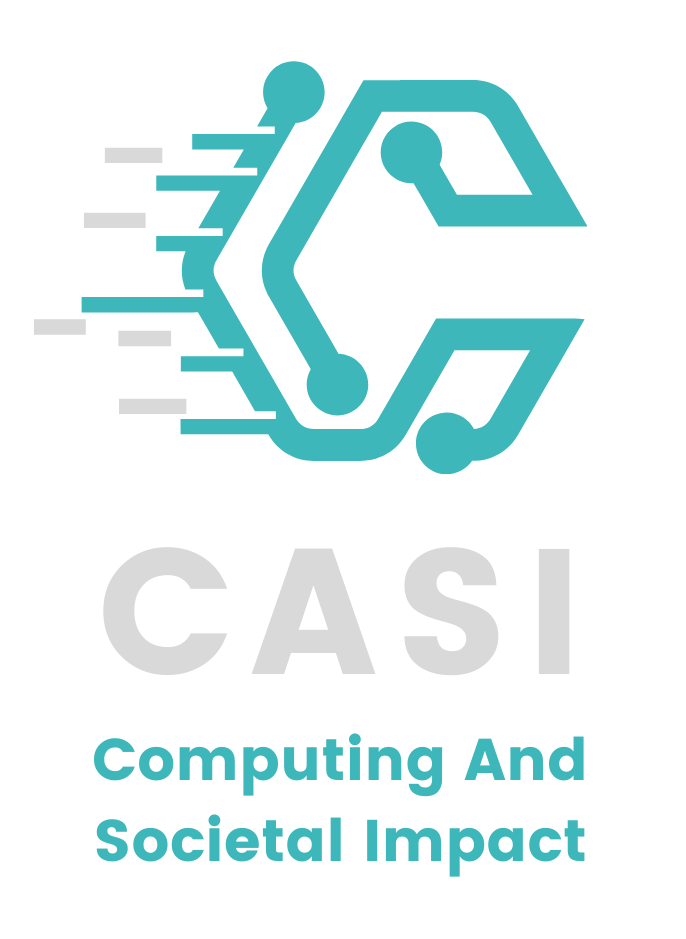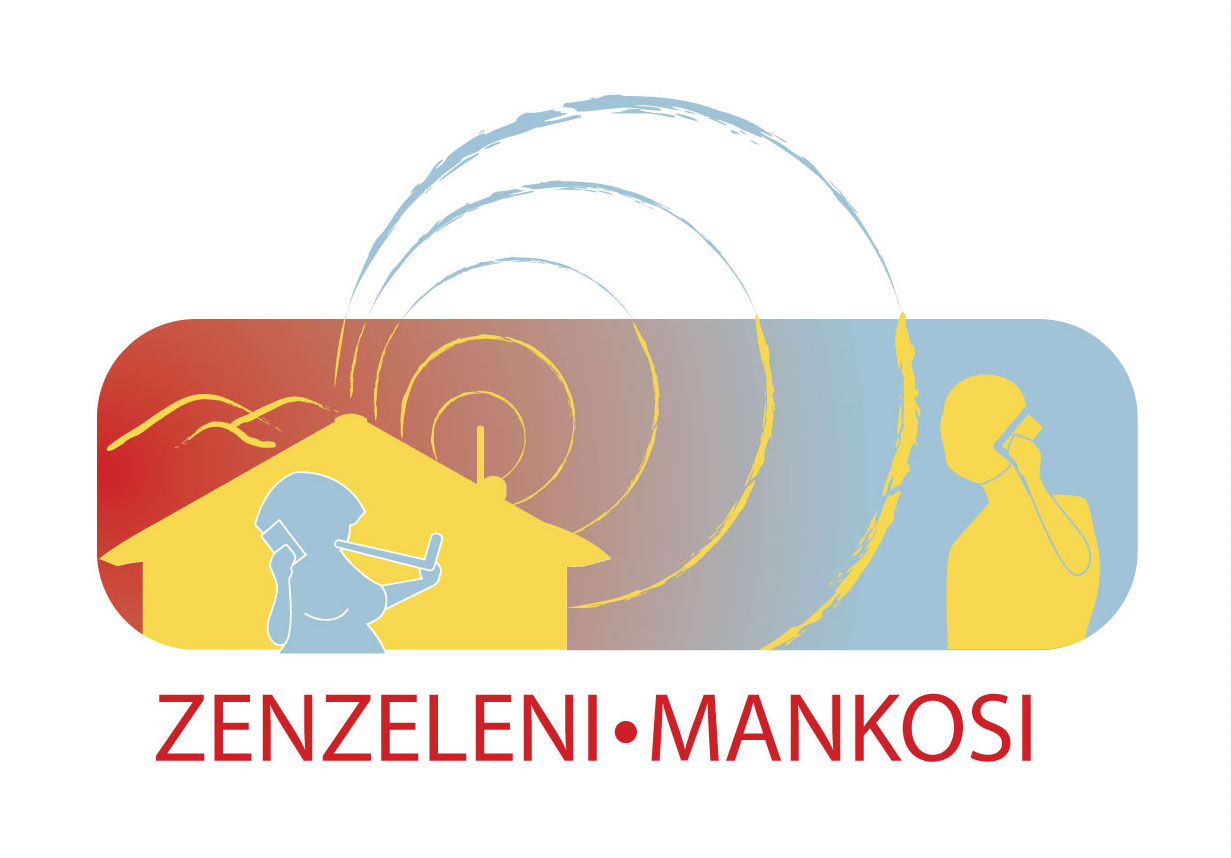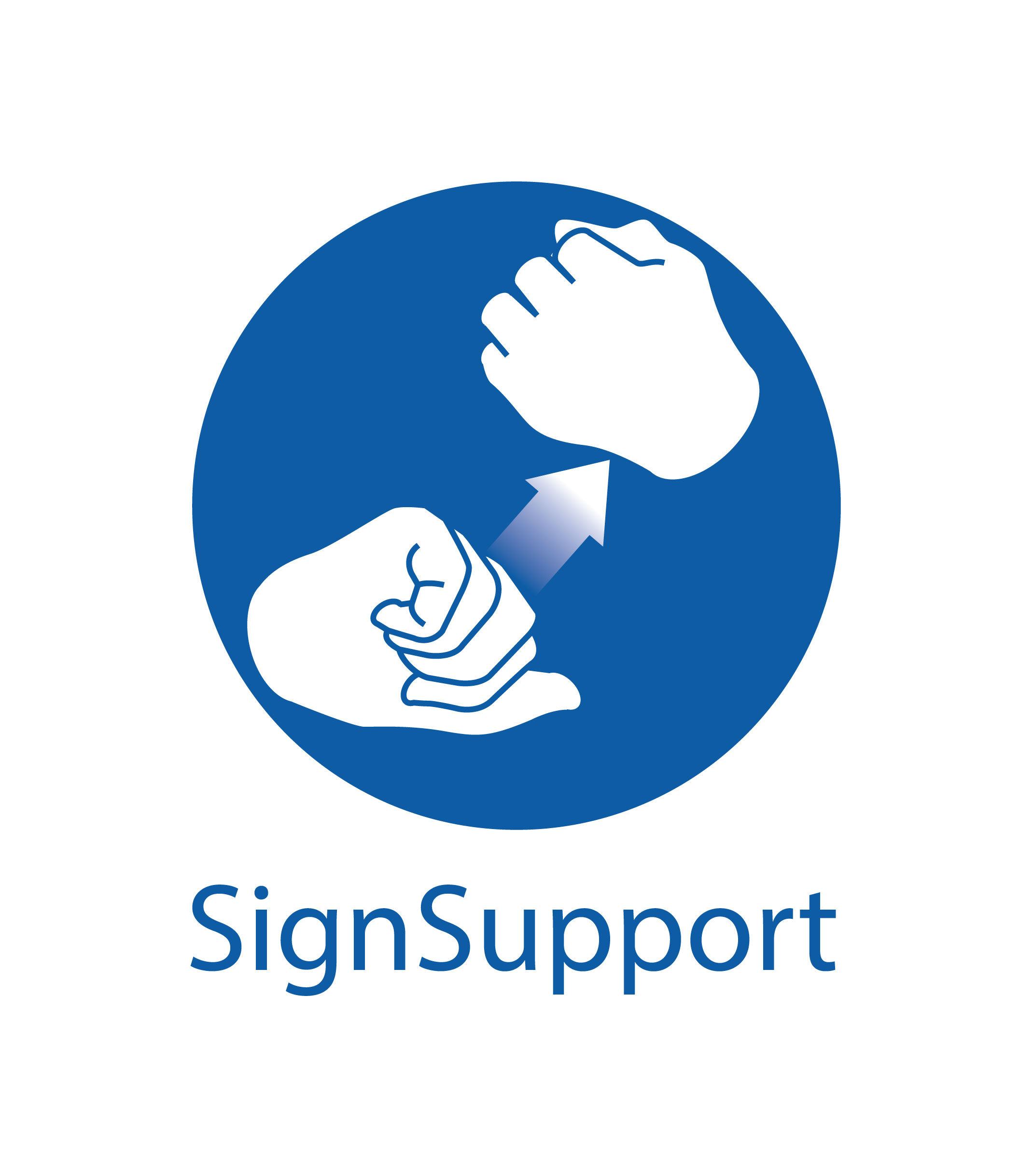CASI
under incremental iterative construction
Vision¶
Incremental evolution of human, community and societal strategies to improve Quality of Life with computing technology.
Mission¶
To attain the Vision via an academic research and innovation-instigated ecosystem, amplify (Kentaro Toyama: Geek Heresey, 2015) societal impact with localised technology toolsets that enable positive deviance (Richard Pascale, Jerry Sternin and Monique Sternin: The Power of Positive Deviance, 2010) across a variety of intersecting stakeholder communities, thus effecting 'development' of these communities in terms of dependence, independence and interdependence (Allan Kaplan: Development Practitioners' Handbook, 1996; William D. Tucker: Amplification of Positive Deviance with ICT, 2017).
Overview¶
SDGs, NDP 2030, Stellenbosch Vision 2040, South Africa's GINI co-efficient, South Africa's telecoms pricing, and covid-produced opportunities for blended operationalisation to approach Vision with tech-leveraged Mission, i.e. use co-produce tech to co-produce tech to ...
Theoretical underpinnings¶
- consilience and dialectical constructivism: n-way triangulation of methodologies and methods.
- method aggregation (John Law: After method - The mess in social science, 2004)
- intermeshwork (Tim Ingold: Being Alive, 2011)
- theory of amplification, Digital Green and tech as a tool (Kentaro Toyama: Geek Heresey, 2015)
- positive deviance (Richard Pascale, Jerry Sternin and Monique Sternin: The Power of Positive Deviance, 2010)
- community development (Allan Kaplan: Development Practitioners' Handbook, 1996)
- evolutionary strategies (Jonathan Turner and Richard Machelek: Intersocietal Models of Societal Evolution, 2018)
- no/low code environments (Tony Faustini and ReactStudio)
- action research (McKay and Marshall: The dual imperatives of Action Research, 2001)
- human-centred computing (Jenny Preece, Yvonne Rogers and Helen Sharp: Interaction Design, 2019)
- participatory design (Dearden and Rizvi: Particpatory design and participatory development, 2008)
- co-production and co-design (Kelly Ann McKercher 2019)
Background and frameworks¶
SoftBridge abstraction for Human/community/societal-centred co-production of Information and Communication Technology for (Social) Development (ICT4D)
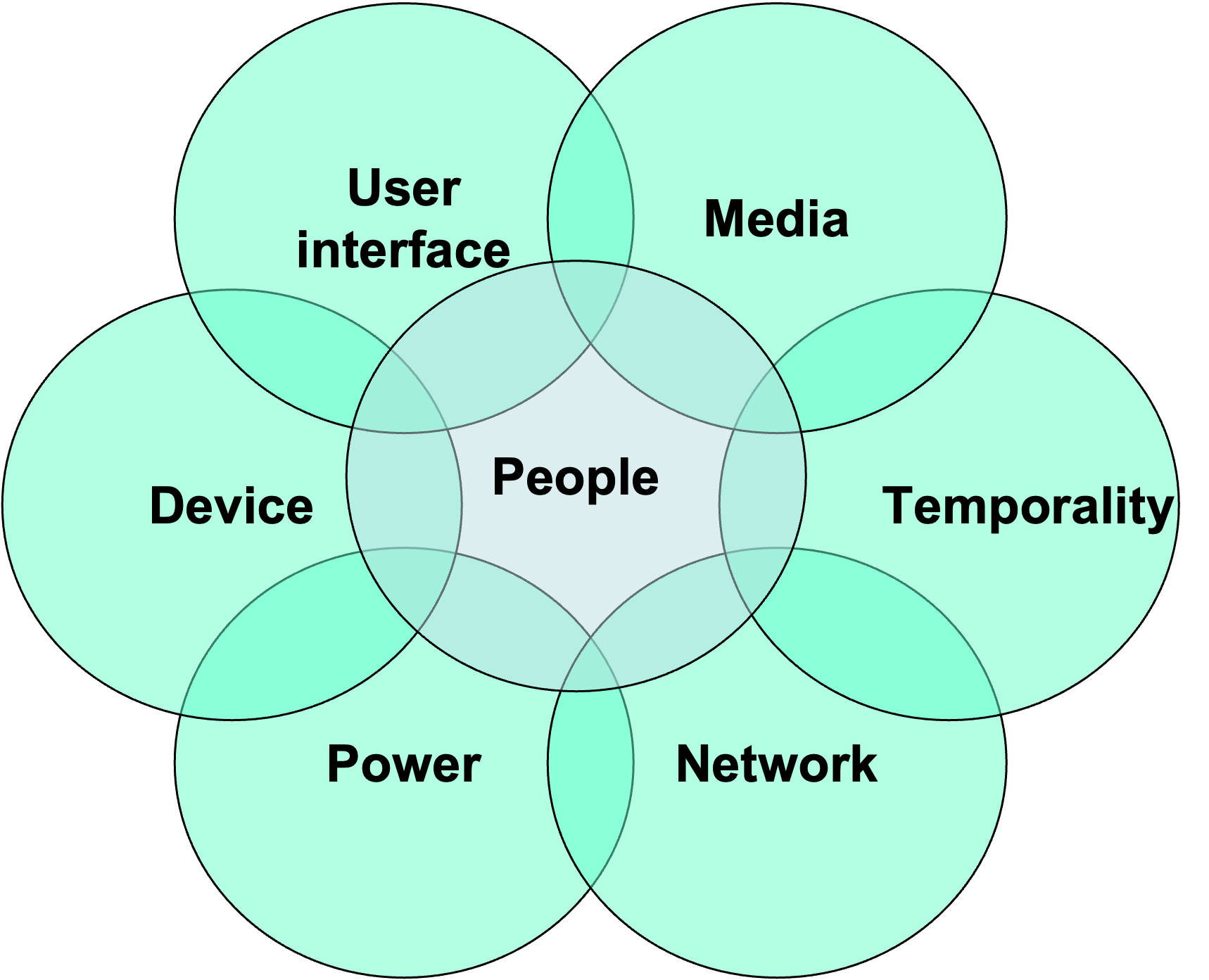
Design/Operational/Monitoring and evaluation considerations (Rich and Pather 2021) which are in some ways a condensed/enhanced version of bridges.org's Real Access/Real Impact (RA/RI) criteria.

Possible field studies¶
FarmSupport/Local Is Lekker is based on a mashup of Zenzeleni and SignSupport applied to combat drug addiction in local farming communities. Click on the image to read an overview.
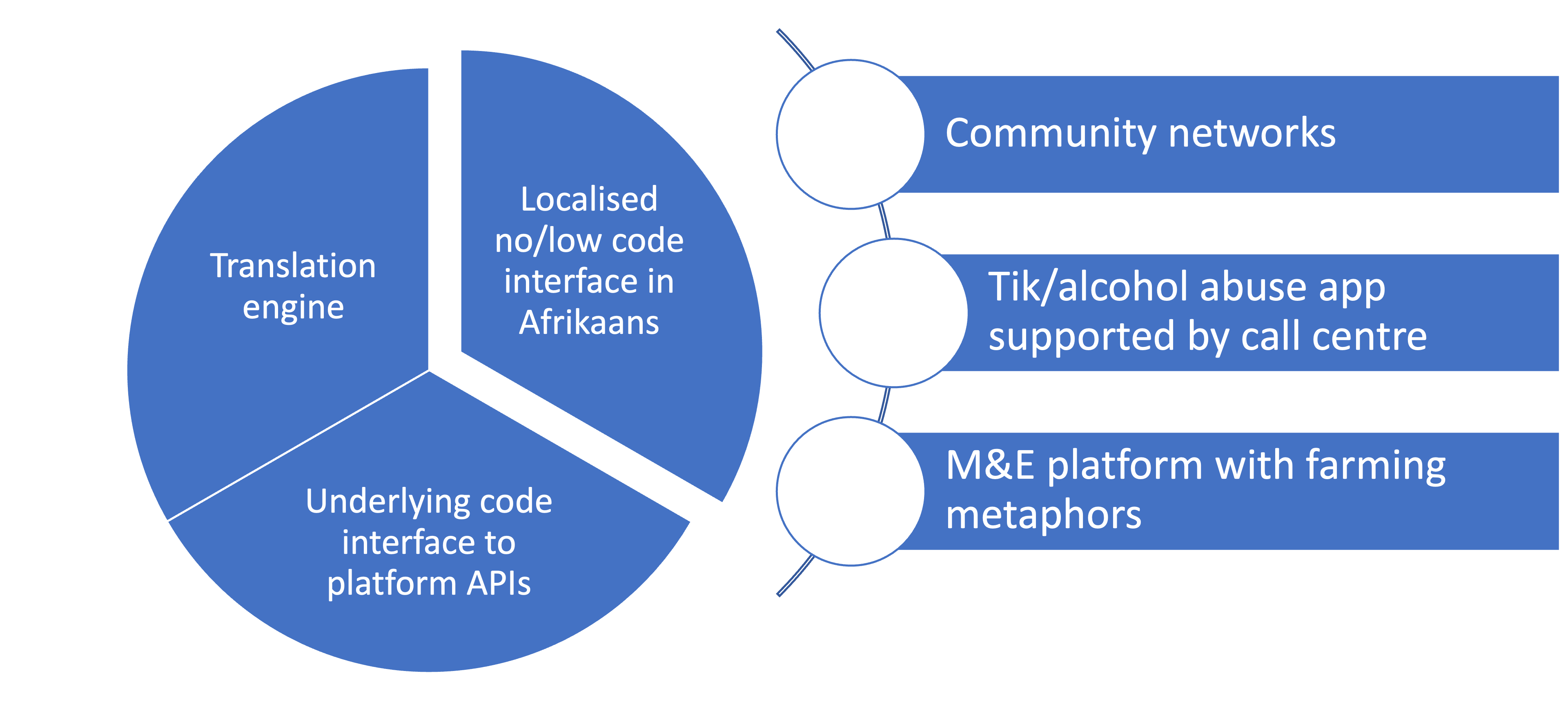
We can leverage the same architecture toward rural food production, with info-apps populated by local farmers over affordable networks like Zenzeleni.
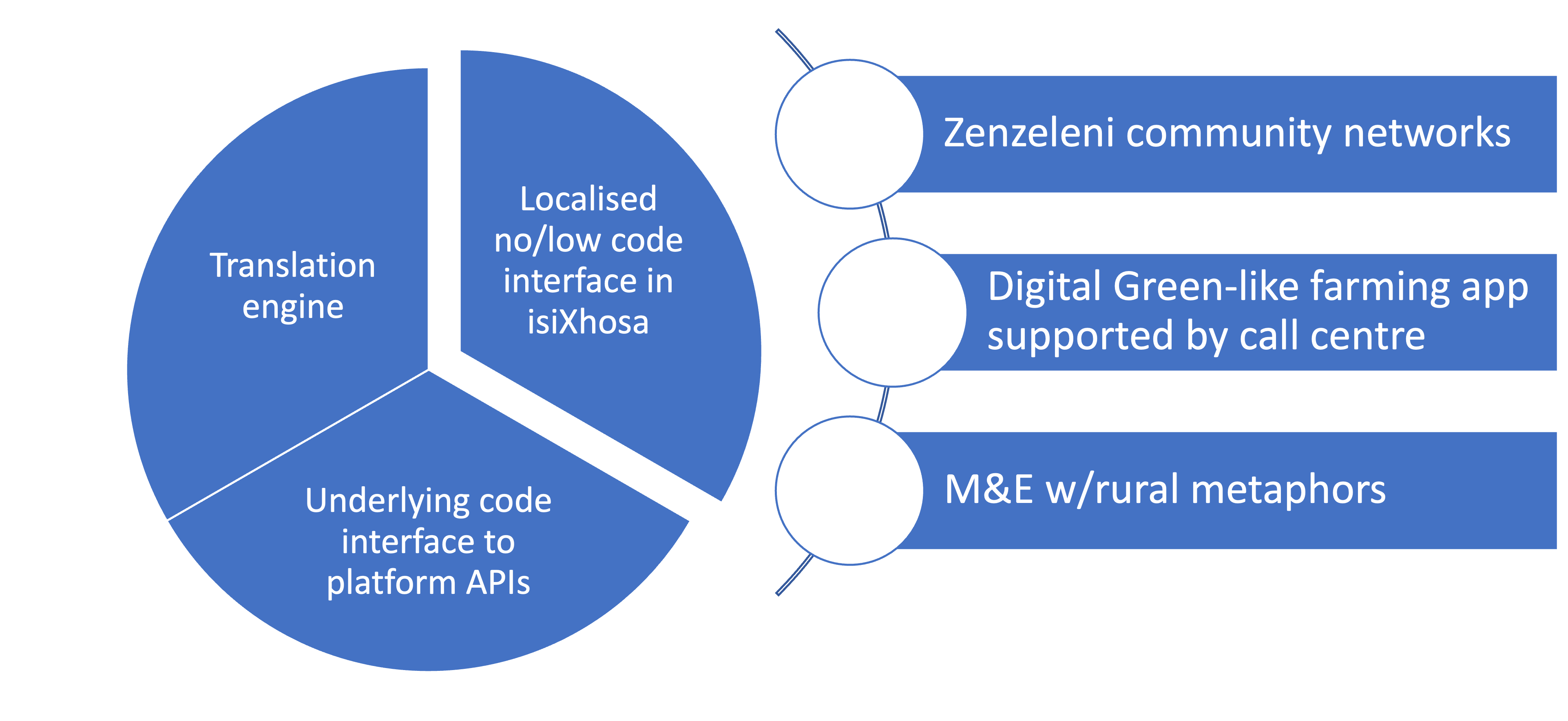 And a similar architecture can be applied toward sharing information to Deaf diabetics by Deaf diabetics, this time subverting traditional connectivity to be more affordable for rich media delivery. Note that the Deaf contact centre could include "video relay", be it speech or text-to-signed language translation, by SASL interpreters or Deaf interpreters, respectively.
And a similar architecture can be applied toward sharing information to Deaf diabetics by Deaf diabetics, this time subverting traditional connectivity to be more affordable for rich media delivery. Note that the Deaf contact centre could include "video relay", be it speech or text-to-signed language translation, by SASL interpreters or Deaf interpreters, respectively.
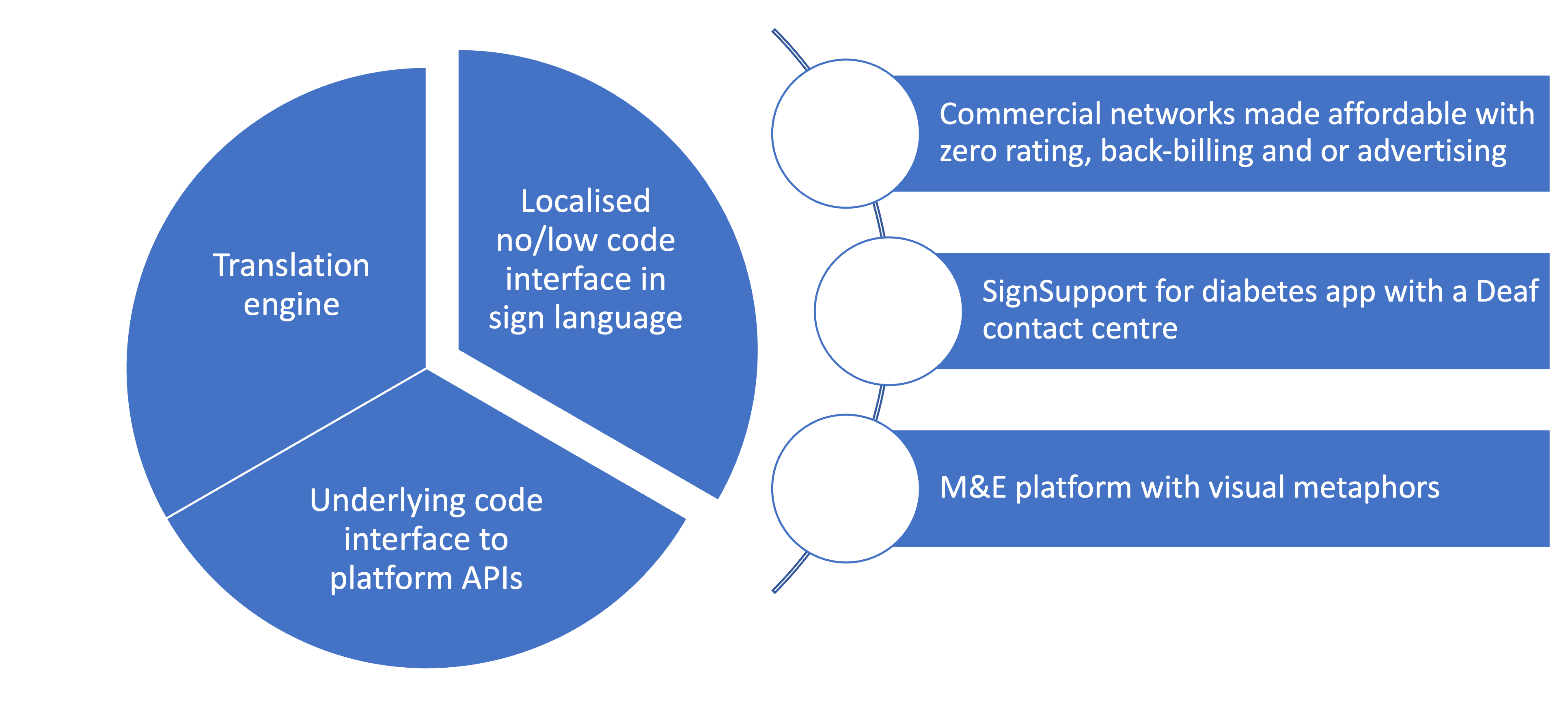
Objectives¶
Phase 0: Year 2022¶
- interested community, e.g. local farming communities, pushes topic domain, e.g. rural/peri-urban farming and drug abuse; all forms of education (shout and we will listen!)
- conduct book research exercise to learn what's already going on locally, nationally, regionally and abroad; and
- realise initial proof-of-concepts, in order to
- apply for funding for next stage.
Phase 1: Years 2023-2025¶
- incrementally iterate platforms (see work packages), and
- conduct research-led fieldwork/case studies initiated by invitation, e.g. the farmers, farm workers and social activists of (what we have started calling) Local Is Lekker
- stakeholders formatively revisit/revise vision, mission and objectives by consensus of all stakeholders
- share research/fieldwork/platform results via Open Source, Open Access and Open Data
- continuously apply for funding for next stage
Phase 2: Years 2026-2030¶
- remain open to accept/work with other vulnerable and marginalised communities
- formatively revisit/revise vision, mission and objectives by consensus of all stakeholders
- spin-off commercial entities, e.g. both for-profit and not-for-profit companies, and incubate (requires large amount of operational funding, a la TIA and Foundation funding)
- commercial entities direct ongoing and future research
- share research/fieldwork/platform results via Open Source, Open Access and Open Data
- continuously apply for funding for current and next stage
Phase 3: Years 2030-2040¶
- formatively revisit/revise vision, mission and objectives by consensus of all stakeholders as a larger conglomeration, e.g. aggregate of the entities spun-off in Stage 2 a la a new Foundation.
- funding is now self-generated in a sustainable fashion managed by this new Foundation
- Foundation funds ongoing/future inter-disciplinary research at all partner academic institutions
Stakeholders and partners¶
- vulnerable and marginalised communities;
- multi-disciplinary (e.g. Computer Science, Data Science, Social Anthropology, Sociology, Information Systems, Business Administration, Gender Studies, Music, Theology, Development Studies, Statistics, Mathematics, Industrial Design/Industrial Engineering/Mechanical/Electrical Engineering); and
- multi-university (Stellenbosch, Cape Town, Western Cape and CPUT; and national and international institutions, e.g. Wits, Rhodes, Pretoria, Swansea, Sheffield-Hallam, Georgia Tech, U Washington, U Pennsylvania, IIT India) academics and their postgraduate students;
- funders and partners:
-- municipal, provincial, national and international government;
-- local and international corporates, non-profits and NGOs;
-- local, national, regional and international foundations; and
-- local, national, regional and international advocacy groups.
Methodology¶
Community-based co-production incrementally iteration in agile fashion; i.e. a mashup of SDLC and Action Research:
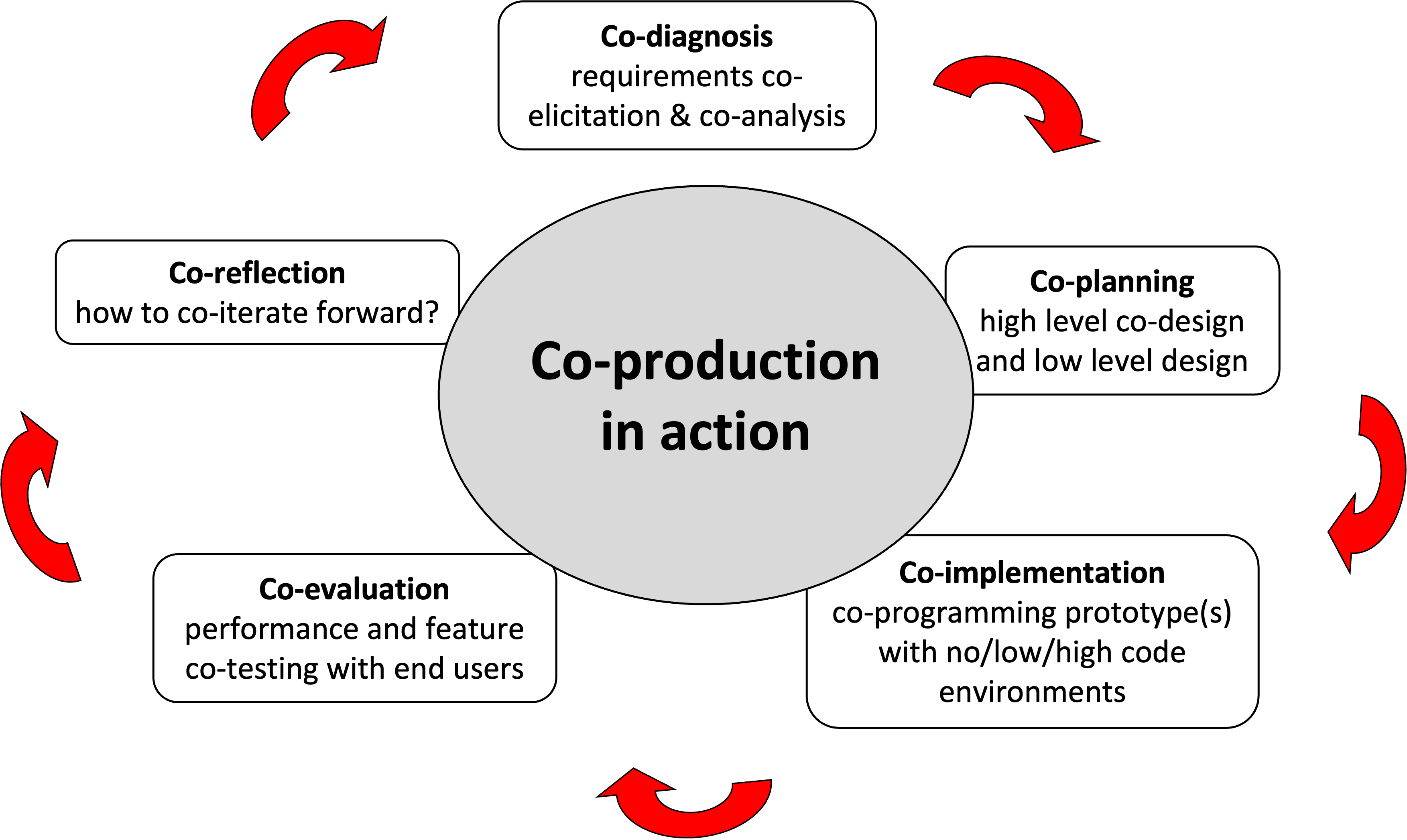
Work packages¶
Across the board, we explore and co-produce ICTs with localised user interaction/user experience (UI/UX) in local language & cultural intended to maximise amplification of intent with inclusive positive deviance via a Digital Green approach.
- network platforms
- app platforms
- support platforms
- monitoring and evaluation analysis platforms
- local language no/low code platforms
Dissemination¶
- infra- and intra-university colloquia, seminars and panels;
- undergraduate course infusion (via example);
- postgraduate completions and accompanying academic publications in
-- local (SAICSIT, CHI-SA) and international (IST-Africa, ICTD, CHI) accredited conference proceedings;
-- local and international (EJISDC, ITD, ITID) accredited journal articles;
-- accredited-able book chapters; and
-- accredited-able edited book(s). - public media
-- local and international traditional media: newspaper/magazine (The Conversation, Daily Maverick, Tech Magazine), radio interviews (SAFM, CapeTalk), television shorts (e.g. SABC, BBC, also shared via Internet); and
-- local and international Internet media, e.g. website(s), self-produced YouTube videos, Vimeo, etc.
Budget¶
Phase 0: 2022-2023¶
- research group startup, e.g. Dean's startup, Data School and Social Impact Unit
- inter-university inter-disciplinary book study, e.g. CHEC and networking events/workshops/retreats to produce funding proposal(s) for Phase 1
- running costs and humans to produce initial prototypes:
-- running costs (20%): conference travel, local retreats, visitors (also STIAS), cloud services/software/platform subscriptions, consumables, overheads
-- human resources (80%): postgrad bursaries for H, M & P; stipdends for post-doc and community workers; Honours Computing & Society teaching assistant/co-lecturer, 3rd year Computer Networks co-lecturer, additional administrative support
Phase 1: 2023-2026¶
- see running costs above;
- see human resources above, and also:
-- administrator(s), project manager(s) and product manager(s) ==> CEO/MD, CFO, CTO and HR
-- in-the-field assistance and support.
Phase 2: 2026-2030¶
- see running costs above
- see human resources above, and also:
-- teaching relief;
-- spin-off: administrator(s), project manager(s) and product manager(s) ==> CEO/MD, CFO, CTO and HR;
-- and more in-the-field assistance and support.
Phase 3: 2030-2040¶
- sustainably self-funded
Created: 2022-04-27
